Rojava uncertainty in the new process
The attitude of the forces of labour, peace and democracy in the country against the Erdoğan government's dragging the new process over Rojava into uncertainty is of great importance.

Fotoğraf: MA
Abdullah Öcalan's call for the PKK to "call a congress and dissolve itself" has raised expectations for a peaceful solution to the Kurdish problem. The fact that MHP leader Devlet Bahçeli, who is the spokesman of the new process on behalf of the ruling bloc, called Selahattin Demirtaş, the former co-chairman of the HDP, as well as Ahmet Türk, Pervin Buldan and Sırrı Süreyya Önder, who were part of the delegation of the Dem Party to İmralı, after Öcalan's call and said that he is behind this process, increases this expectation. On the other hand, the insistence of the Turkish government and media that Öcalan's call to the PKK includes or should include the SDF-PYD-YPG revives the concern that this process will also be disrupted by the developments in Rojava. It is well known that the defeat of the ISIS attack and siege against the autonomous administration in Rojava played a decisive role in the termination of the "solution process" between 2013-15.
First of all, despite the PKK's declaration of a 'ceasefire' in response to Öcalan's call, the recent clashes between the Turkish Armed Forces and the PKK in the Duhok countryside show how fragile this process is in the absence of a mutual silence of arms and the necessary mechanisms for a democratic-peaceful solution.
On the other hand, the Erdoğan government's statements insist that Öcalan's call includes the autonomous administration and the military forces (SDF) in Rojava, and this situation leads the new process into uncertainty over Rojava. Abdülkadir Selvi, one of the government's spokesmen in the media, called SDF commander Mazlum Abdi, who said that "Ocalan's call was for the PKK, not directly for our region", a "child of Israel".
Before going into the reasons for the Erdoğan government's insistence on Rojava, it is necessary to clarify the following point: Within the KCK (Kurdistan Communities Union) system, which considers Öcalan as its 'leader', there are party-organisations operating in four parts of the Kurdish geography. The PKK in Turkey, the PYD (Democratic Union Party) in Syria, the PJAK (Kurdistan Free Life Party) in Iran and the PÇDK (Kurdistan Democratic Solution Party) in Iraq are part of this system. The YPG (People's Protection Units), the military wing of the PYD, also forms the backbone of the SDF.
So, why is Öcalan's call to the PKK being discussed specifically through the PYD-YPG (SDF), although PJAK and PÇDK are also included in the KCK system?
The answer to this question is known to everyone who has been following the process. During the Syrian war, the Kurds established an autonomous administration in Rojava under the leadership of PYD and formed the SDF as the military arm of this administration. Especially, the cooperation of the US imperialism with the Kurds for its own interests in the framework of its strategy against ISIS has severely limited Turkey's attempts to intervene here. This situation makes it extremely difficult for the Turkish government both to maintain the current rights-denying and violent policy on the Kurdish question and to impose a "solution" under its control. For this reason, the Erdoğan government is making all its calculations on dismantling the Kurdish autonomous administration and military power in Rojava or, if not, on neutralising it. On this basis, it wants to turn the process that started with Ocalan's call into a basis for expansionist ambitions in competition with Israel and Iran in the region and into an opportunity to change the constitution and maintain Erdoğan's presidency in the country.
For a Turkey that has solved its own Kurdish problem through democratic-peaceful methods on the basis of equal national rights, the Syrian Kurds with a political-military status in the new Syria will not be a threat, nor will it be possible for powers such as the USA-Israel-Iran to use this problem against it. Therefore, the real threat to the new process and the peaceful coexistence of the peoples in the country is not the Syrian Kurds, but the expansionist ambitions of the Erdoğan government in the region and the anti-democratic repressive regime in the country.
When Selvi calls Mazlum Abdi a "child of Israel", what name/description does he give to the Erdoğan government, which boasts of playing a decisive role in the overthrow of the Syrian Baath regime, which Israel has been trying to destroy since the mid-1950s?
It is necessary to add the following: While there have been repeated clashes since 2012 between HTS and its predecessor al-Nusra, which has taken over the new administration in Syria, and the Syrian Kurds, who follow a secular-democratic line, forcing the Syrian Kurds to be politically disorganised and militarily defenceless seriously increases the risk of dragging Syria back into conflicts.
Today, the attitude of the forces of labour, peace and democracy in the country against the Erdoğan government's dragging the new process over Rojava into uncertainty is of great importance. Only by ensuring the broadest unity of the struggle of the people's forces for democracy in the country and peace in the region, it is possible to prevent the government from using this process for its own interests.


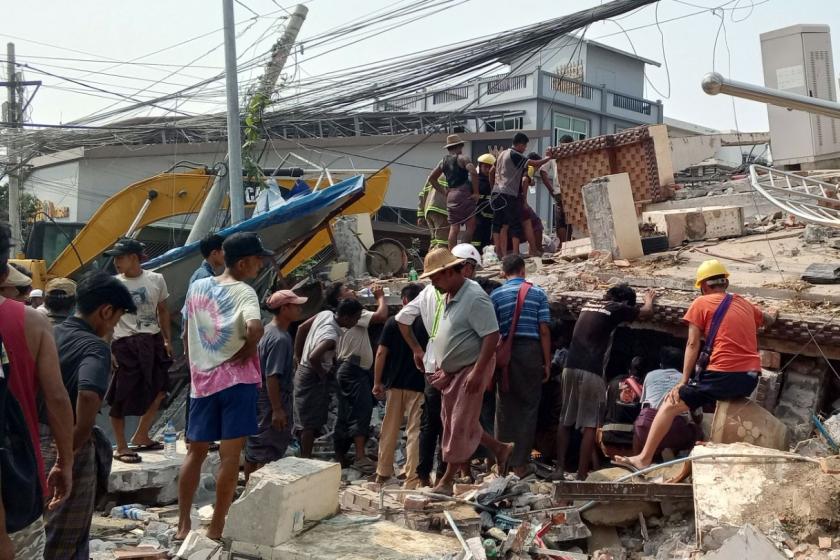

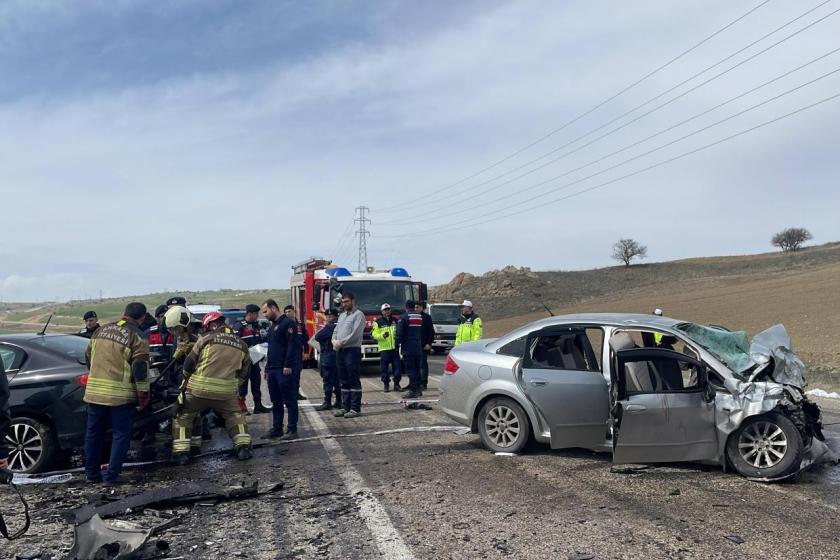









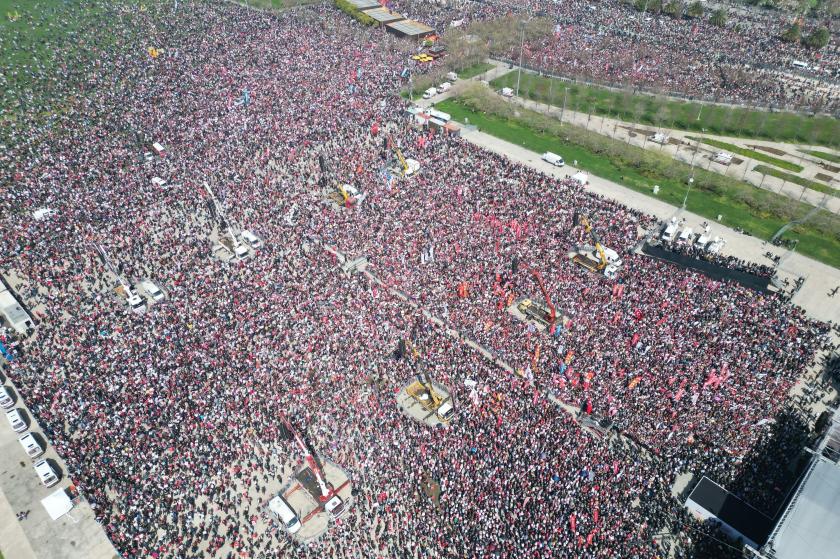


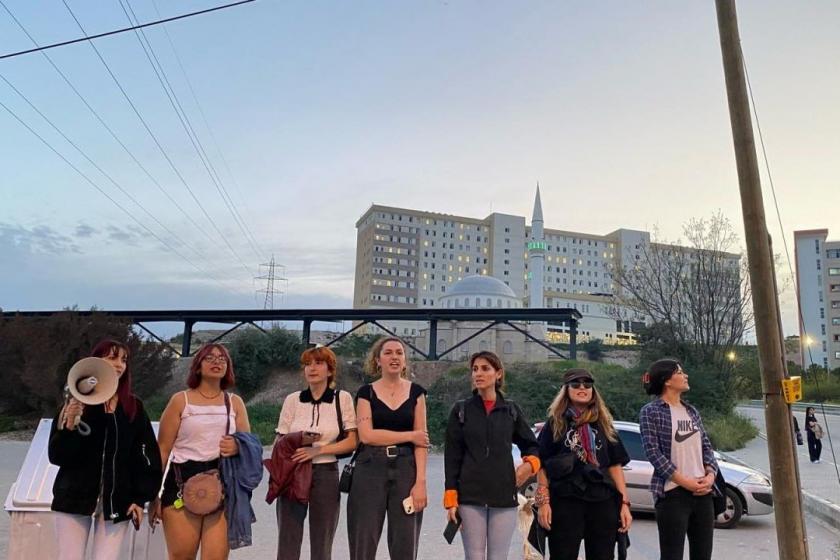
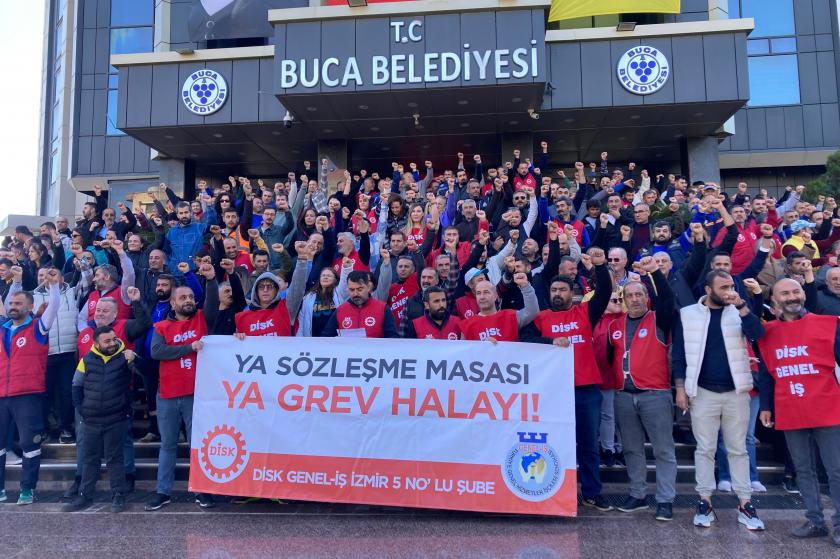
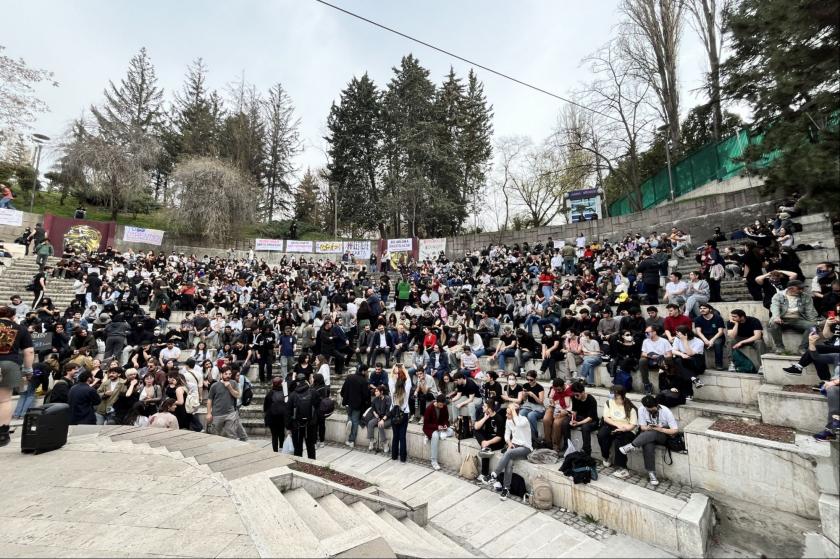
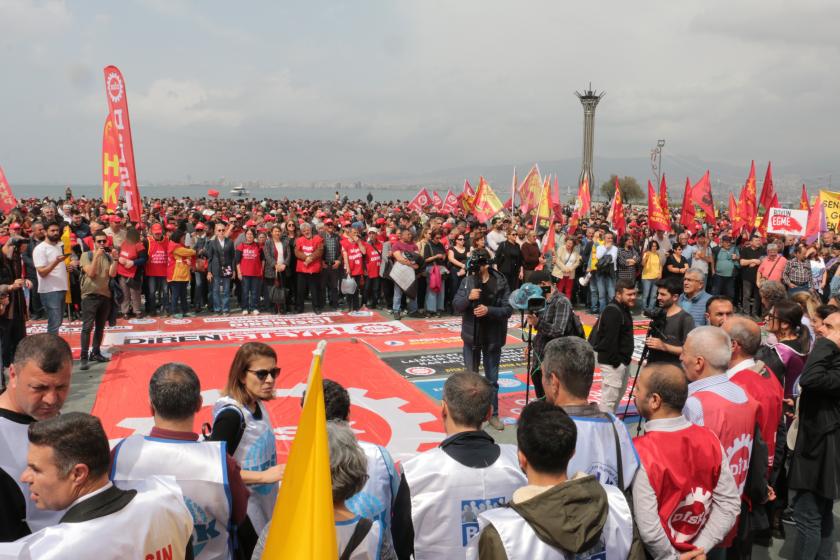
Evrensel'i Takip Et